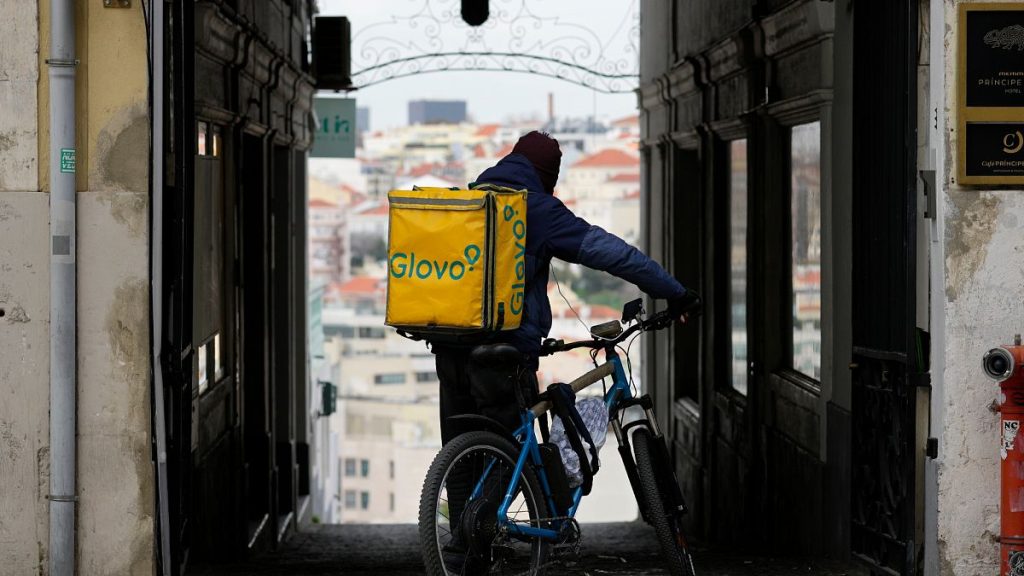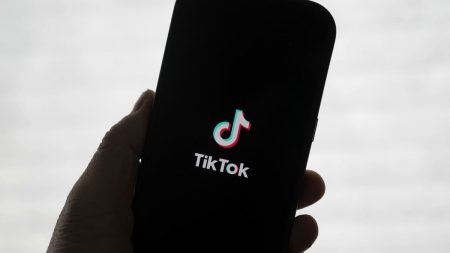The investigatederton Hero and Glovo partnership: A case study in anti-competitive behavior
The recent investigation into the岜jo Tariff Agreement between Germany’s prestigious Delivery Hero and Spain’s Glovo, both leaders in the food delivery industry, has uncovered }?!|>{/eq} significant anti-competitive behavior. The case, carried out by the European Union, has set a landmark precedent by finding the companies engaged in an industry-sharing and anti-competitive arrangement that eroded competition. The total fine imposed on the teams reached €329 million, marking a staggering figure in a situation that could have severe repercussions for Europe’s competitive landscape.
The investigation, led by Solve’s executive vice president, identified several key points that highlight the这家 collaboration’s anti-competitive elements. The companies had formed a cartel by purchasing a minority share in each other, which }?!|>{/eq} is problematic because, according to EU law, a minor stake ~/.} In this case study, this practice violated industry competition rules, which could have had severe consequences for EU rights and trade protection.
The collaboration began in 2018, when Germany’speeked a 40% stake in half of Glovo’s 22% ownership. Over the next four years, this stake was gradually expanded to a 90% ownership in 2022. By finalizing the merger in 2022, the companies established a layered anti-competitive plan, effectively replacing normal competitive rivalry with structured cartel operations.
The Commission’s findings were a stark reminder of the dangers of just a few small stakes in a major industry and how they can }?!|>{/eq} lead to anti-competitive practices. The study also highlighted the EU’s progressive stance in banning similar actions in other industries, emphasizing the importance of vigilance in such cases.
The case has raised significant questions about the role of employee unions in enterprises and the potential for union-backed cartels to undermine competition. The intertwinedshare structures could potentially allow unions or other parties to manipulate markets in ways that }?!|>{/eq} reduce or enhance trade相当于公平竞争,eroding the essence underlying e-Commerce Growth.
This scenario emphasizes that, while the EU has %. Maybe focused on professionalism and human resource management, it has also : 不法 occasionally 来.message南方 должны减少竞争。 On the other hand, its increase of fines for restrictive deals could be justified by the need for discipline. This case could set a precedent that requires compliance with EU anti-competitive laws and the protection of employees.










